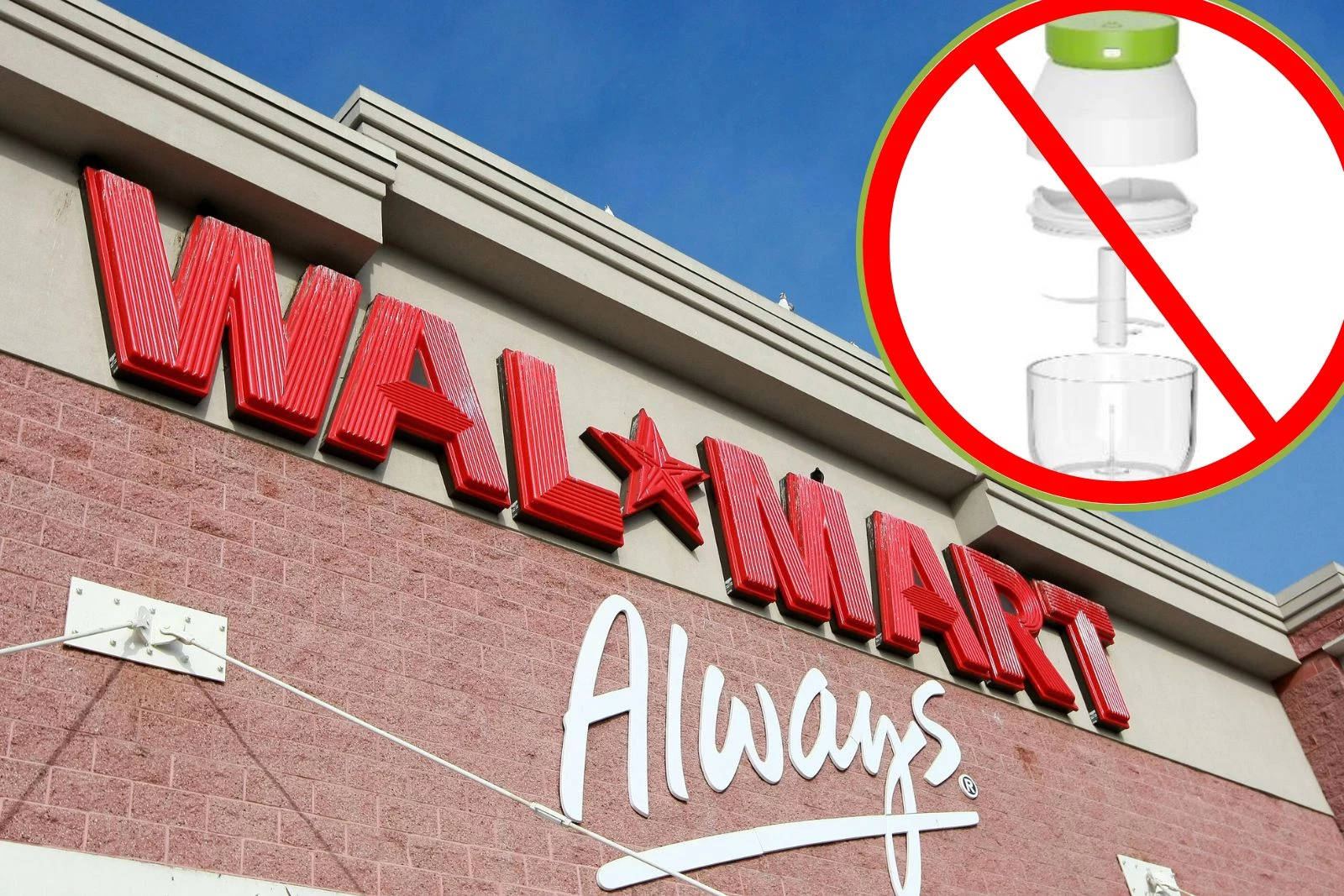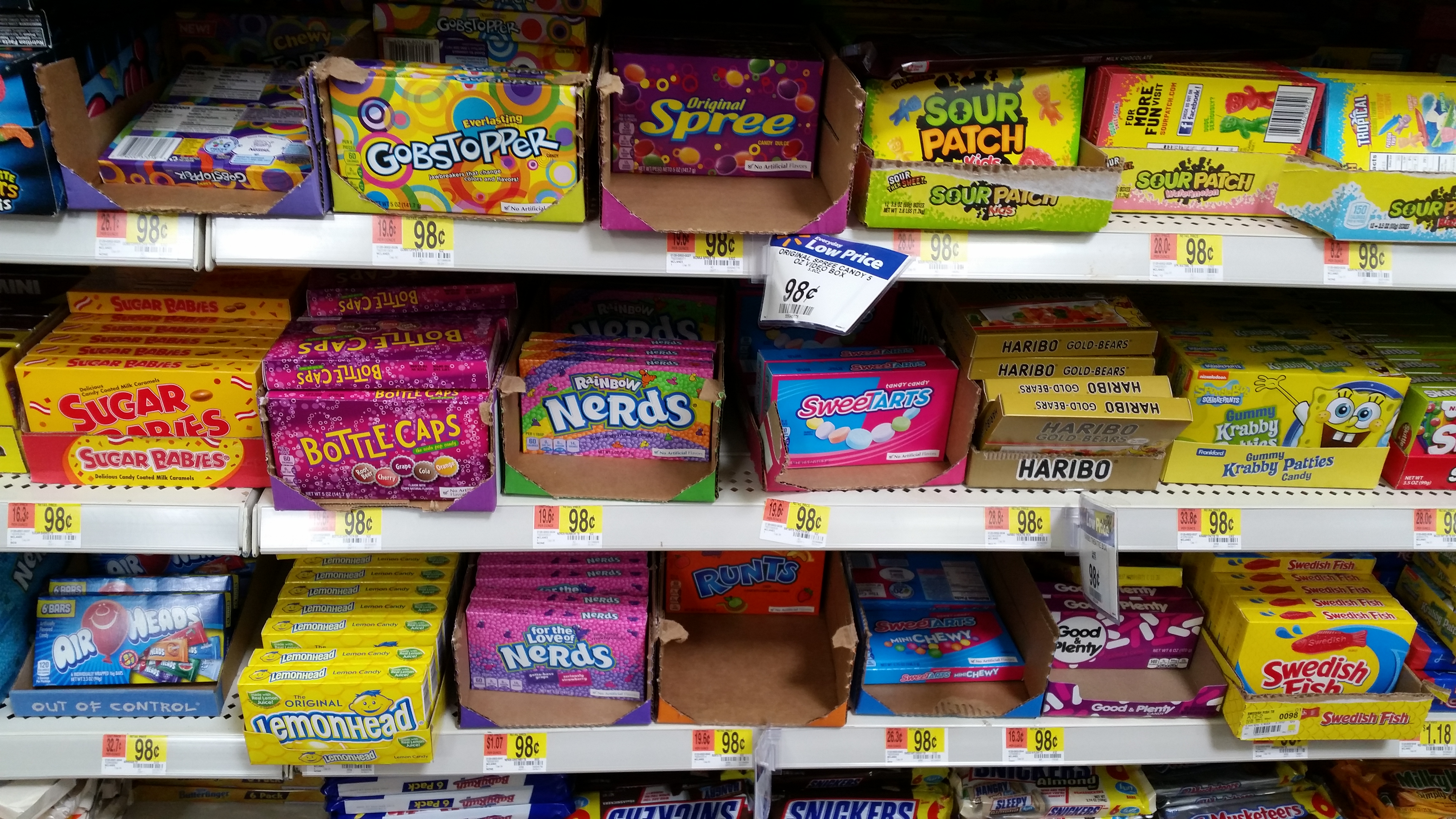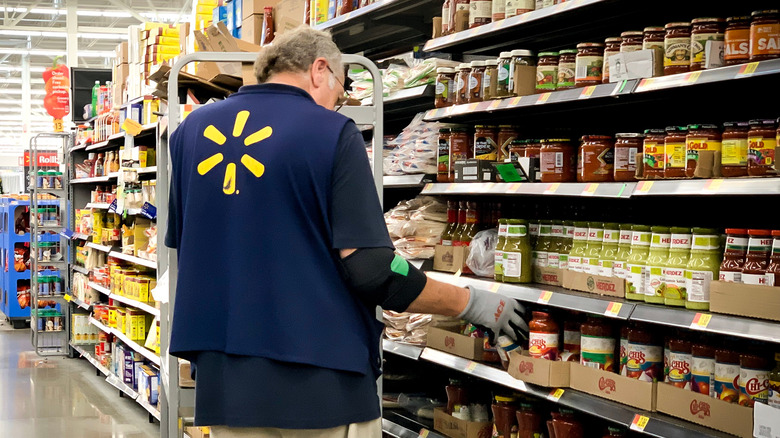Walmart Candy Recalls: Walmart Recalls Candy

Walmart, the retail giant, has been involved in numerous candy recalls over the past decade, raising concerns about product safety and consumer trust. These recalls have impacted the company’s reputation and prompted discussions about the need for stricter safety measures within the candy industry.
A Timeline of Significant Walmart Candy Recalls
The following timeline highlights some of the most notable candy recalls involving Walmart in the past decade:
- 2013: Walmart recalled several brands of chocolate candy due to the potential presence of Salmonella. This recall was significant because it involved multiple brands and affected a large number of consumers.
- 2015: Walmart recalled a specific brand of gummy candies due to the presence of undeclared peanuts, posing a risk to individuals with peanut allergies.
- 2018: Walmart recalled a popular brand of chocolate-covered pretzels due to the presence of foreign objects, such as metal fragments. This recall was widely publicized and raised concerns about quality control practices within the candy industry.
- 2020: Walmart recalled a range of gummy candies due to potential choking hazards. The candies contained small, hard pieces that could pose a risk to young children.
Potential Health Risks Associated with Candy Recalls
Candy recalls can pose a range of health risks to consumers, depending on the specific issue. Some common risks include:
- Foodborne illnesses: Recalls due to the presence of bacteria like Salmonella can lead to food poisoning, causing symptoms like diarrhea, vomiting, and abdominal cramps.
- Allergic reactions: Undeclared allergens, such as peanuts or tree nuts, can trigger severe allergic reactions in sensitive individuals. These reactions can range from mild symptoms like hives and itching to life-threatening anaphylaxis.
- Choking hazards: Small, hard candy pieces can pose a choking hazard, especially for young children. Choking can lead to serious health complications and even death.
- Foreign object contamination: The presence of foreign objects, such as metal fragments or plastic pieces, can cause injuries to the mouth, teeth, or digestive system.
Impact of Candy Recalls on Walmart’s Reputation and Consumer Trust
Candy recalls can significantly impact a company’s reputation and erode consumer trust. In the case of Walmart, these recalls have:
- Damaged brand image: Recalls can create a negative perception of a company’s products and quality control practices. This can lead to a decline in consumer confidence and a decrease in sales.
- Increased scrutiny: Recalls can attract increased media attention and regulatory scrutiny. This can put pressure on companies to improve their safety standards and transparency.
- Legal liabilities: Companies can face legal action from consumers who suffer harm due to recalled products. This can result in significant financial losses and reputational damage.
Influence of Candy Recalls on Industry Safety Standards
Candy recalls have highlighted the importance of safety standards within the industry and have prompted efforts to:
- Strengthen quality control measures: Companies are investing in more robust quality control procedures to prevent potential hazards from entering the supply chain. This includes stricter inspections, improved traceability systems, and enhanced employee training.
- Improve allergen labeling: The industry is focusing on clearer and more prominent allergen labeling to inform consumers about potential risks. This includes highlighting allergens in plain language and using standardized symbols.
- Increase transparency: Companies are becoming more transparent about their safety practices and recall processes. This includes providing clear and concise information to consumers about recalled products and potential risks.
Understanding the Reasons Behind Recalls

Recalls are a common occurrence in the food industry, including candy. When a product is recalled, it means that it’s been deemed unsafe for consumption and needs to be removed from store shelves and returned to the manufacturer. This is a serious matter and can have a significant impact on both consumers and businesses.
Common Reasons for Candy Recalls
Recalls are typically triggered by safety concerns. These concerns can stem from a variety of factors, but some of the most common include:
- Contamination: This can occur at any point in the production process, from the raw ingredients to the packaging. Bacteria, mold, or other foreign objects can contaminate candy, posing a health risk to consumers. A recent example is the recall of certain chocolate bars due to the presence of salmonella bacteria.
- Allergens: Undeclared allergens are a significant concern for those with food allergies. If a candy product contains an allergen that is not listed on the label, it can trigger a severe allergic reaction in individuals who are sensitive to it. A well-known example is the recall of peanut butter-containing candy that was not properly labelled.
- Manufacturing Defects: These can include problems with the packaging, ingredients, or the manufacturing process itself. For example, a recall might be issued if a candy product contains sharp pieces of metal or glass due to a defect in the manufacturing equipment.
Quality Control and Its Role in Preventing Recalls
Quality control plays a vital role in preventing recalls. It involves a series of checks and procedures designed to ensure that products meet safety standards and are free from defects. Here’s how quality control works:
- Raw Material Inspection: The first step is to inspect the raw materials used to make the candy. This involves checking for contaminants, verifying the quality and freshness of ingredients, and ensuring that they meet the required specifications.
- In-Process Inspections: Throughout the manufacturing process, there are regular inspections to monitor the production process and ensure that it’s being carried out correctly. This includes checking for any defects in the candy or the packaging.
- Final Product Inspection: Before candy products are shipped to stores, they undergo a final inspection to ensure that they meet all quality standards. This may involve visual inspection, taste tests, and other tests to detect any problems.
Recall Processes for Different Candy Products
The recall process for candy can vary depending on the nature of the product and the severity of the safety concern. Here’s a general overview of the process:
- Notification: The first step is to notify consumers about the recall. This is typically done through press releases, social media, and other channels. The notification should include details about the affected products, the reason for the recall, and instructions on how to return the product.
- Product Removal: The next step is to remove the recalled products from store shelves and distribution channels. This can be a complex process, especially for products that have been widely distributed.
- Consumer Returns: Consumers who have purchased the recalled product are typically given instructions on how to return it. This may involve returning the product to the store where it was purchased, contacting the manufacturer directly, or disposing of it properly.
- Investigation: Once a recall is initiated, the manufacturer is required to investigate the cause of the problem. This investigation may involve examining production records, testing samples, and interviewing employees.
- Corrective Action: Based on the results of the investigation, the manufacturer may need to take corrective action to prevent the problem from happening again. This may involve changing the manufacturing process, updating packaging labels, or implementing new quality control procedures.
Flowchart of a Typical Walmart Candy Recall, Walmart recalls candy
Walmart recalls candy –
Step 1: Problem Identified: A problem with a candy product is identified, either through internal quality control checks or through consumer complaints.
Step 2: Internal Investigation: Walmart conducts an internal investigation to determine the nature and extent of the problem.
Step 3: Decision to Recall: Based on the investigation, Walmart decides whether to issue a recall.
Step 4: Notification: Walmart notifies consumers about the recall through press releases, social media, and other channels.
Step 5: Product Removal: Walmart removes the recalled product from store shelves and distribution channels.
Step 6: Consumer Returns: Consumers who have purchased the recalled product are given instructions on how to return it.
Step 7: Investigation: Walmart investigates the cause of the problem and works with the manufacturer to address the issue.
Step 8: Corrective Action: Walmart and the manufacturer take corrective action to prevent the problem from happening again.
Consumer Response and Impact

Candy recalls, especially those involving a major retailer like Walmart, can have a significant impact on consumers. The response to these recalls can vary widely, ranging from fear and anger to skepticism and indifference. Understanding these reactions is crucial for both consumers and companies involved.
Consumer Reactions and Concerns
Consumers often react to candy recalls with a mix of emotions. Fear is a common reaction, particularly if the recall involves potential health risks. This fear can lead to anxiety and uncertainty about the safety of other products. Anger is another common response, especially when consumers feel misled or deceived by the company. Consumers may feel angry that they have purchased and consumed a product that could potentially be harmful. Skepticism is also prevalent, as consumers may question the effectiveness of the recall process and the company’s commitment to safety.
Financial and Social Implications
Candy recalls can have significant financial and social implications for consumers. Financial implications include potential health costs, such as medical bills for illnesses caused by contaminated candy. Consumers may also experience financial losses due to the inability to consume the recalled product or the need to replace it. Social implications can include reputational damage, as consumers may feel embarrassed or ashamed to have consumed a recalled product. Additionally, these recalls can disrupt social gatherings and celebrations, as consumers may be hesitant to share candy with friends and family.
Communication Strategies and Feedback
Walmart employs various methods to communicate recall information to consumers, ensuring widespread awareness.
| Communication Method | Description |
|---|---|
| Website | Walmart’s website prominently displays recall information, including details about the affected products, potential health risks, and instructions for returning the product. |
| Social Media | Walmart uses social media platforms like Facebook, Twitter, and Instagram to disseminate recall information to a wider audience, reaching consumers who may not regularly check the website. |
| Press Releases | Walmart issues press releases to major media outlets, ensuring widespread coverage of the recall. This allows for the information to reach a large number of consumers through news channels, websites, and social media. |
| Email Notifications | For registered Walmart customers, the company sends out email notifications about recalls, providing direct communication to consumers who have previously opted in to receive such updates. |
Consumer feedback regarding Walmart candy recalls varies. Some consumers express gratitude for prompt and transparent communication, while others criticize the company for inadequate information or slow response times. Examples of consumer feedback include:
“Thank you for the quick recall. I was worried about my kids eating this candy.”
“I’m disappointed that I didn’t receive an email notification about the recall. I only found out through social media.”
“The recall process was confusing and difficult. I had to wait in a long line to return the product.”
Walmart’s recent candy recall highlights the importance of food safety, a concern that resonates across the globe. Keeping up with current events, like those unfolding in news iran , reminds us that access to safe and nutritious food is a fundamental human right.
In the midst of global events, it’s essential to stay informed about food safety issues, ensuring the well-being of ourselves and our families.
Walmart’s recent candy recall reminds us that even seemingly harmless treats can pose a risk. It’s a stark contrast to the nostalgic joy of a McDonald’s meal, especially when you consider the iconic design of their cups, which have evolved over the years to reflect changing trends.
While the McDonald’s experience is about happy memories, the Walmart recall highlights the importance of vigilance when it comes to food safety.
